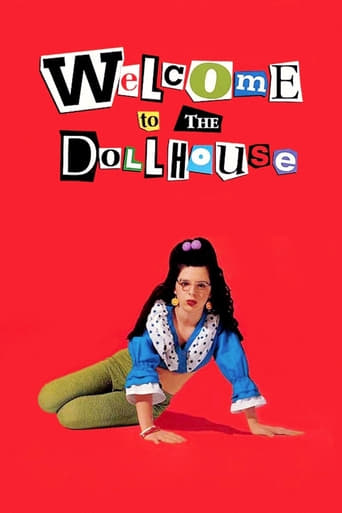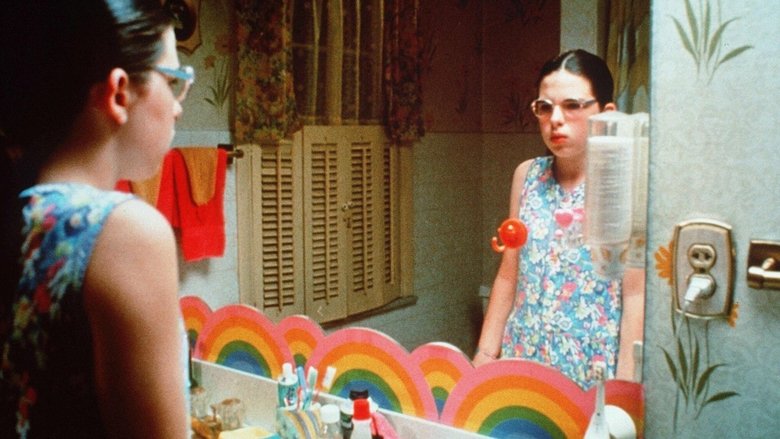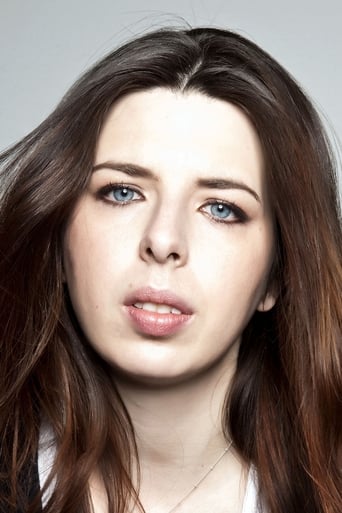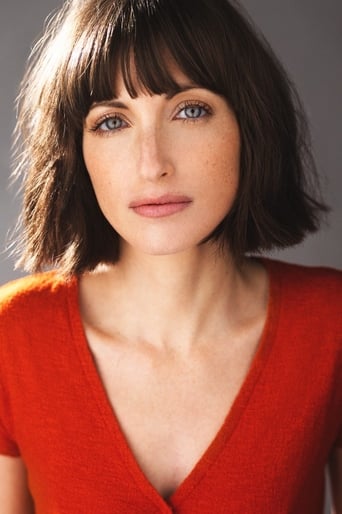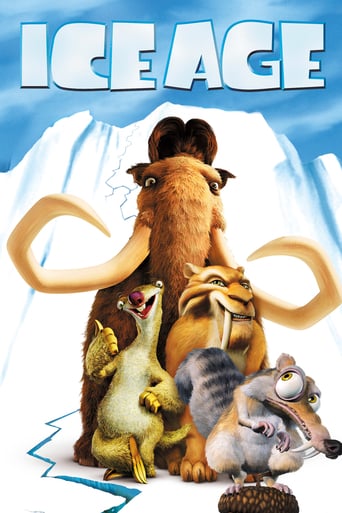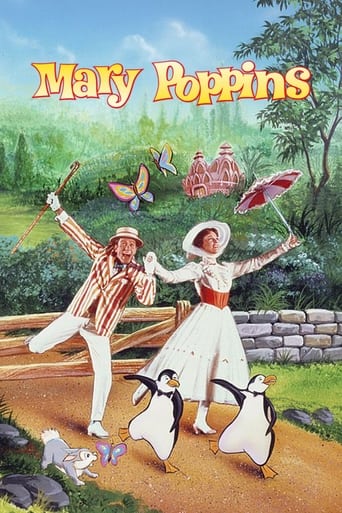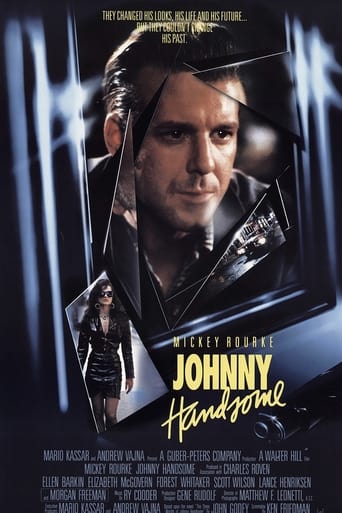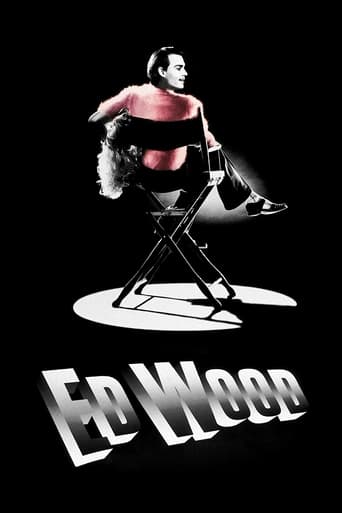Welcome to the Dollhouse (1996)
An unattractive 7th grader struggles to cope with suburban life as the middle child with inattentive parents and bullies at school.
Watch Trailer
Cast
Similar titles
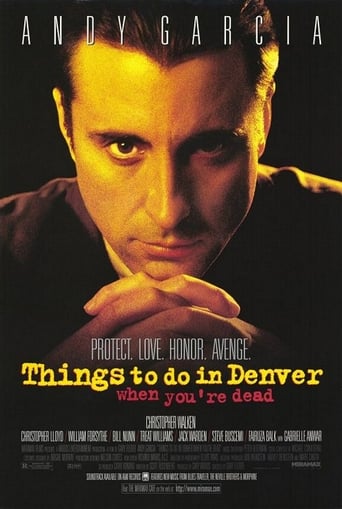
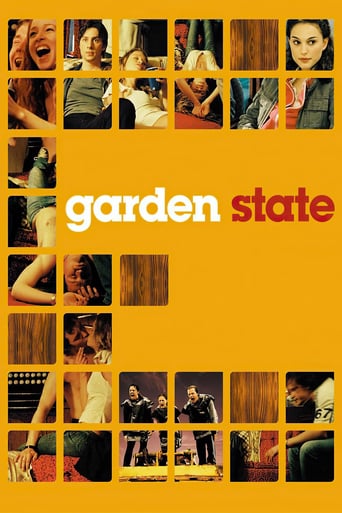
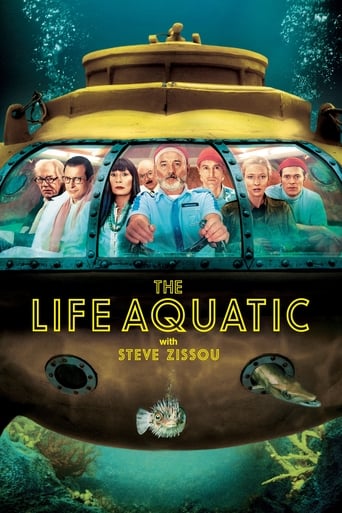

Reviews
the audience applauded
Just perfect...
It's the kind of movie you'll want to see a second time with someone who hasn't seen it yet, to remember what it was like to watch it for the first time.
An old-fashioned movie made with new-fashioned finesse.
"Welcome to the Dollhouse" is a feel-bad movie with little to make most viewers smile. It's depressing, awful and painful to watch. It's also incredibly insightful and incredibly well made.Heather Matarazzo stars as Dawn, a miserable kid who just began middle school. She's not particularly pretty, nor talented nor self- assured. The other kids are incredibly nasty and take full advantage of her insecurities, her teacher could use euthanizing and her mother is a complete jerk...and as a result Dawn is depressed and lost. The film follows her during part of the school year and by the end, her life still seems to suck...just as much as when the film began. So why do I give this miserable film an 8? Well, writer/director Todd Solondz really understands kids this age...and most Hollywood films completely get kids this age wrong! They usually make them too smart, too self-aware and too happy...which is great if you are a movie star but not reality. Here, however, Solondz explores what life can be like for kids who feel like outsiders...which is incredibly tough at that age. The only negative is that there really is no ending to this story...Dawn is still miserable, her mother still is a terrible parent and things look like it's just going to be more of the same. But wow...what an incredibly well made little film!
Ha ha ha. Her friends make her poop on the floor of the school bathroom. Her little sister gets kidnapped by a pedophile and is kept prisoner in sub-floor space. Isn't that funny? I didn't think so. I can enjoy very dark humor. I can laugh about things that others find offensive, so it takes something really cruel and raw to turn my stomach. This was not done in a satirical way. It looked dead serious, but they added little tidbits here and there to let you know it was supposed to be a comedy. I wasn't sure in the movie theater whether I was more disturbed by the movie, or by the fact that other viewers were laughing! If you aren't disturbed by pedophilia, excrement-related bullying and other such themes, and in fact, you find all of those topics very funny, this may be just the movie for you. The actors were very talented and certainly convincing in their roles. The director made it all seem very real. Enjoy!
Like Woody Allen, Todd Solondz spends his time poking fun at man's foibles, whilst perhaps simultaneously wishing he weren't part of the very social fabric he condemns. It's your classic ego trap: "I'm better and above you, but worthless and wish I were with you." Solondz made "Fear, Anxiety and Depression" in 1989. He wrote and directed that film and, like Woody Allen, also cast himself as the film's neurotic hero. Like Allen's alter ego in "Annie Hall", the geeky looking Solondz spent the entire film bumbling about, venting his various dissaffections.Solondz was never happy with "Fear", however, and promptly disowned the film when his producers re-edited it behind his back. Burnt by the film industry, Solondz slipped into depression. He withdrew into isolation and became a teacher and writer. During these years his approach to art changed drastically. His screenplays became more formal, more precise, more caustic, and his visual style became cold. Ice cold.Solondz's first film when he emerged from his depression was "Welcome to the Dollhouse". Drawing upon his own unhappy school years, "Dollhouse" is about Dawn Weiner, a girl whom the universe seems to have condemned. More sinister than similar teen movies, "Dollhouse's" Dawn is so insecure she's happy to let a kid at school rape her if it means validating her own self worth. This would be rapist is himself marginalized, insecure and so reliant on sexual threats for self validation. Dawn is so filled with rage she even saws off the heads of her sister's dolls, fantasises about bashing people with a hammer and deliberately causes her sibling to be kidnapped by a local paedophile. Meanwhile, all the abuses people hurl at the geeky Dawn, Dawn hurls down at her little sister, a girl whom she unfairly despises. The result is that Dawn is shown to be capable of the same kind of brutality that she's subjected to. Social bullying is internalised, becomes self-hatred, and is then redirected violently back out at others."Dollhouse" was a cosy film compared to Solondz's next three flicks. In "Happiness" he portrays a web of characters, all of whom harbour different problems and neuroses, and all of whom are linked by their desire for absolute contentment. And so we have a paedophile who is only happy around kids, a successful writer who is only happy if she writes something of substance, a musician (who ironically writes songs of substance) who can't find success and is so discontent, an elderly couple who no longer have the will to live, a fat man who fantasises about raping women, a fat woman who is disgusted by sex and a dopey housewife who is blissfully unaware of the disturbing truths that exist beneath her sweet suburban facade. Forget "American Beauty" and "Blue Velvet". Solondz ends his film with a Norman Rockwell kid ejaculating on his front balcony. Solondz's point is almost classically psychoanalytic: Lack breeds Desire breeds Suffering. Peel away the emotional baggage and happiness is a stain that oft amounts to nothing more than a fleeting moment of biological bliss."Happiness" doesn't broadening its horizons to tackle the wider social and structural issues that better directors align to their existential musings, but it does offer more than Sam Mendes' "American Beauty". Indeed, Solondz's next film, "Storytelling", seemed designed to address those critics who pointed out the similarities between "Happiness" and "American Beauty". Mendes has himself slammed Solondz on numerous occasions, and so perhaps "Storytelling" is best viewed as a sort of intellectual assault on Solondz's critics."Storytelling" is divided into two segments, the first called "fiction" the second called "non-fiction". "Fiction" is about a creative writing student who has "sympathy sex" with a mentally disabled kid and later lets her African American teacher "rape" her. She then turns her experiences into a work of fiction which purports to be "truthfully" based on these factual encounters."Storytelling's" second segment then focuses on a documentary director who makes a documentary called "American Scooby" (a parody of "American Beauty") in which he follows a high school student around campus. The documentary director hopes to uncover the "truth" of growing up in suburbia, but in reality is merely transposing his own "deep thoughts", self-analysis and existential hang-ups onto a modern teen who is actually a dopey airhead. The end result is that film-maker and child enter a sort of exploitative relationship. The kid gets fame and is portrayed as being "deeper" than he is, while the film-maker gets prestige for nothing. End result: Solondz essentially advocates the sort of "truthful" sensationalism present in the non-fiction segment of the film, whilst aligning human delusions (love, romantic illusions, family etc) with the fictions of the second half. Other themes abound - the power games and domination/exploitatin reversals of "Dollhouse" are reworked here with subplots about a vengeful maid and a black teacher - but it's the "American Beauty" angle that's most interesting."Palindromes" is thus far the weakest of Solondz's films. The first and last words in the movie are "Mom", a pair of palindromes through which Solondz implies that "nothing ever changes". Indeed, Solondz makes the film a palindrome at every level, his Schopenhaueran point being that we are paradoxically always changing and never changing (hence different actors play the same character), every desire and addiction merely supplanting another. It's an extremely bleak film, depending how much trust the audience puts in its final monologue. This bleakness has led to critics labelling Solondz a misanthrope, but he's no more colder than both Allen and the Coens, two other contemporary critical darlings who've spent their careers reworking similar material.7.9/10 – "Welcome to the Dollhouse", "Palindromes" 8/10 – "Storytelling", "Happiness"
A prime quality that the DVD had for me was a price much higher than I usually can pay. Used to be that when I browsed IMDb details I sometimes looked at the tag at the top that showed availability in the different Amazon countries, availability as disk or tape or whatever. Way back then I purchased from local low cost shops, but it was interesting to browse. Then I progressed to purchases from the local, UK, Amazon but only for what I could pay for by cheque. Then I got to be able to pay electronically and it was suddenly possible to purchase low cost disks from second hand sources in the UK, Germany, USA and Canada, etc, via Amazon UK. The disk availability box at the top of an IMDb page was starting to have potential for real value, though I tended to search just in Amazon UK. Some of the really interesting disks were not available, some needed access to paying to a different country's Amazon, especially for low cost disks, but this was a massive start for being able to search for disks by title rather than from the more restricted range of what was available locally. Locally is still really useful, but it is more a serendipity sort of thing. Then the IMDb system changed. The disk availability button was not there. Then it was there but not showing the range of countries or versions of disks, if UK Amazon had the title in a variety of versions then either only one would be shown or an Amazon USA version would be shown. So, there was a basic indicator of availability, which is useful knowledge, just the way of searching the different stores was gone and at August 2009 this was still gone. So things were okay and unless an Amazon other than UK became the sole outlet for such as The Adventures Of Pete And Pete Season 3, some have a hunger for that Trachtenberg series, then things were tolerable. What happened instead was that Amazon USA became the sole outlet for Unfabulous Seasons 1 and 2. Also Zoey 101 seasons 3 and 4. While the prices are nothing like my ideal it was suddenly essential for me to get a payment method that Amazon USA accepts and in August 2009 I managed. Dollhouse. When I got to make my first order there was a copy of this at USA at a much lower price than I had ever noticed at Amazon UK or any other outlet. Except that order failed, it was not available for a delivery address in the UK. Two other items went through, though. It looks as if some traders are able to export, but not others. Later experiences told me that I still have a problem re availability of difficult to find titles. The outlook can seem bleak. The stuff that I had been noticing will mostly have not been available for export. * Dollhouse is from the year when season 3 of Pete, Pete appears and is a couple of years after Heather Matarazzo appeared in an episode of each of seasons 0 and 1. It is weaker than Pete, but in some ways it is as strong. I find that it echoes My Girl and Tideland, but from a different culture and in a more down to earth way. All have the main actor as of an appropriate age, scary but sense when musing on these sort of aspects. Dollhouse is bound to feel offensive to some who can accept My Girl. To me it has a reality that I can relate to more than with My Girl, though both stories are alien at the same time. Napoleon Dynamite, about a different age range and a different subset of symptoms, I now have to wonder how those characters would appear if that story was set at age eleven. Mysterious Skin and The Quiet expand on the range of faces of this. I found Dollhouse difficult to get into, but I vastly prefer this to Princess Diaries as that falls flat for me as soon as Mia gets the makeover, the point where one is supposed to gain empathy with Mia? Much is said of Dollhouse being a story about the difficulties that an ugly girl can face at age 12, but watch this with any care at all and it is obvious that this is a rather nice looking girl who is badly damaged by the ugly ways of those around her. One needs the right sort of helps to be able to get around that sort of thing and this story makes a loud comment about how real those helps can be. I have to like this feature a lot. The message board hints of some considering the three bad boys to be pure criminal types, but the strongest hint put in a criminal way. For me, Dollhouse gives a context that puts such into perspective. What this shows of their back to front reality, criminal seems an inappropriate label. That is the real strength of this feature. This is not about the apex of the pyramid of society, it shows a dunghill. Dawn comes out with some really putrid behaviour and there are some reviews here that consider that to be a reflection of her personality. To me, she is just showing some effects that can happen when one is blowing in the wind, chaff that does not have enough free will to escape being blown in that way. Rather than Dawn being horror I consider that she is blown into a horrifying and damaging situation, but one has had to have been in that sort of situation oneself to accept that is an aspect of her being a victim of horror.
